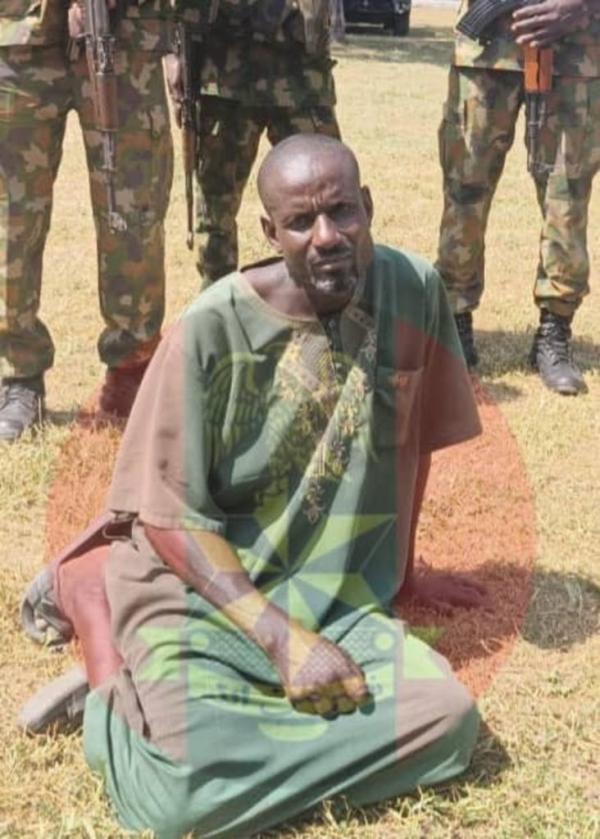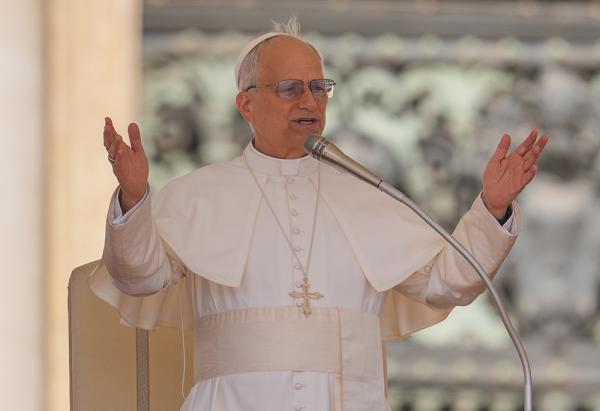
CEOAFRICA news desk learnt that the University of Benin Teaching Hospital (UBTH) in Edo State, Nigeria on Friday said it had conducted the second successful stem cell transplant for a 15- year-old sickle cell patient in Benin.
Dr Nosakhare Bazuaye, consultant Haematologist and Coordinator of UBTH stem cell transplant centre, disclosed this to the News Agency of Nigeria (NAN) in Benin.
NAN reports that UBTH is the only hospital in Nigeria and West African performing such transplant.
Bazuaye, who spoke on behalf of the Chief Medical Director of the hospital, Prof. Michael Ibadin, said the operation was successful and that the patient’s genotype had change from SS to AA.
“In 2011, we announced our first transplant for a patient that had sickle cell disease.
“We have done a second successful transplant for a 15-year-old boy whose transplant took place 102 days ago.
“The first patient that was transplanted is two years post transplant now, his haemoglobin is AA and he is perfectly okay.
“By WHO regulations, patients are certified fit after 100 days of transplant, so the current patient is over a hundred day and his genotype is AA and has not had any crises since then.
“So with this, we are now discharging him to go home”, the consultant said.
Bazuaye said that the second transplant had to be conducted after two years due to inadequate facilities and financial constraints of the patients.
“We have about three per cent of Nigerians who have this sickle cell disease.
“We are hoping that the Federal Government and NGOs would put some money into establishing an international centre in UBTH to provide this mode of therapy for most Nigerians.
“We are happy that we have successfully done a second transplant.
“We are hopeful that with assistance from the Federal Government and NGOs, we will do more transplants and make transplant free and within the reach of most Nigerians.’’
The haematologist said that the therapy could also be used to cure other diseases like blood cancers, bone marrow failure, cancers of the bones and combined immune deficiency syndrome in children.
“For sickle cell transplant, it is better we do the transplant when the children are below 15 years old because at that age, there are usually less complications.
“But for diseases like cancers of the blood, people below 50 years can benefit from stem cell transplant,” he said.
He said that the first patient was paid for by the hospital, adding that ”we are expecting that subsequent patients should pay for their transplants.
“The second patient has been able to pay some part of the medical bills, and we are hoping that the remaining part of the bill would be paid and then he can go home,” he said.






















